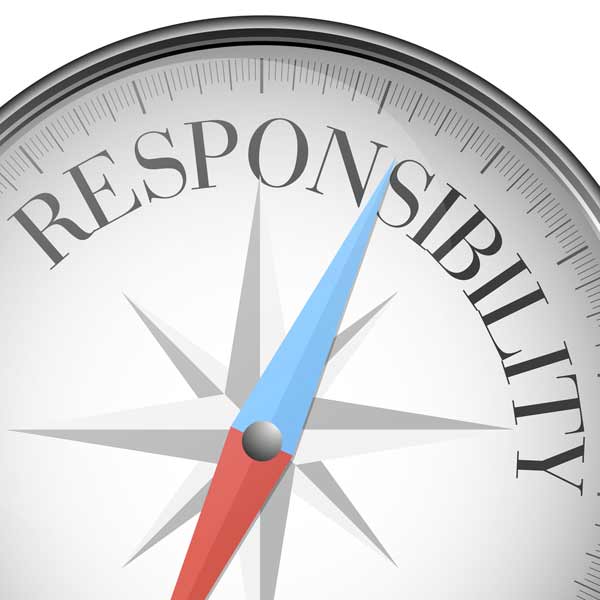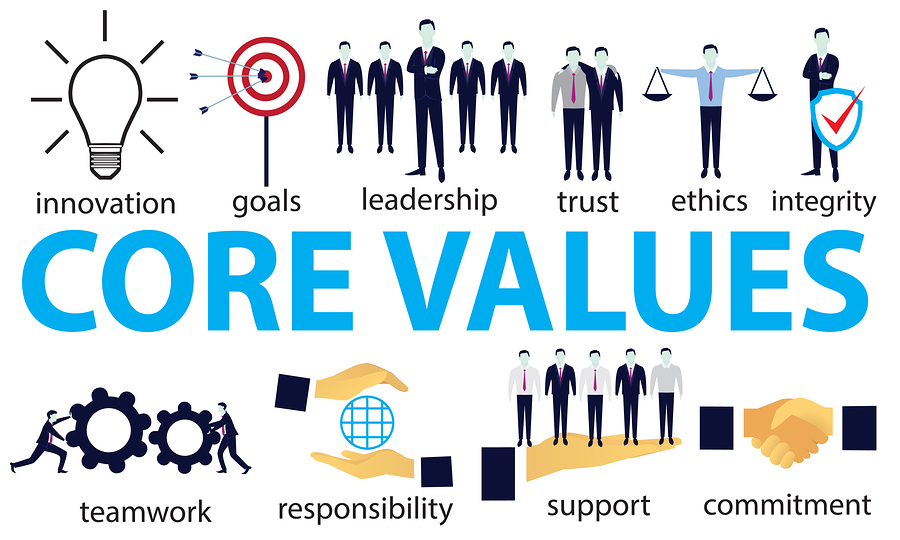All of us working, or in another way involved, in the event planning industry have the opportunity – as well as the responsibility – to set an example with our knowledge, experience, and ideas.
Globally, event management now includes more responsibilities and we are given the opportunity to be more than planners.
Events and meetings should serve as exchange of experiences because this is what’s invaluable and what’s remembered. I have attended different types of events with different themes, but those that left the biggest impression were those that were designed applying the philosophy of giving. The feeling that you helped somebody, that you made someone’s day, or – more importantly – that your action inspired and prompted someone to do something similar – that is truly priceless! This is also a way to change people’s views on
life and spark hope in a better future. While writing this, I came across an interesting piece of information. The World Business Council for Sustainable Development defines corporate social responsibility as a “continuous commitment to business with the goal of contributing to economic development while improving the quality of life of employees and their families, as well as communities and society in a broad sense.”
This is the most comprehensive explanation I’ve found during my re search. And what I liked most is that it points to the fact that this affects the quality of life of a large number of people. Meaning not only employees, but also their families, neighbors, friends, and even people they’ve never known or met. Events that have been taking place over the years indicate that major changes are happening in event planning trends. Companies are showing that they are becoming increasingly interested in solving problems – both at the local and the global levels. This trend will spread in the coming period. And yet, socially responsible activities involve not only hosting events focusing on this, but also many other things within companies. Here are some of the most talked about.
search. And what I liked most is that it points to the fact that this affects the quality of life of a large number of people. Meaning not only employees, but also their families, neighbors, friends, and even people they’ve never known or met. Events that have been taking place over the years indicate that major changes are happening in event planning trends. Companies are showing that they are becoming increasingly interested in solving problems – both at the local and the global levels. This trend will spread in the coming period. And yet, socially responsible activities involve not only hosting events focusing on this, but also many other things within companies. Here are some of the most talked about.
Respect for rights and differences in the workplace
This is something that numerous companies adhere to on paper only. However, the number of corporation seriously taking care is fortunately growing. The arrival of foreign companies such as IKEA or LIDL to our region has certainly contributed to this positive trend because they brought also the rules that apply in the countries they come from. Overtime, extra effort, and performance among employees have finally started to get noticed by employers. And accordingly, rewarded. At the same time, an increasing number of women are getting employment, employee privacy is getting respect, as are racial, religious, and sexual freedoms. More and more attention is being paid to diversity – personal, cultural, and sexual – leading to companies creating their own cultures by fostering these differences and individual human values. So it doesn’t matter who you are, what matters is how you do your job!
Environmental preservation
I’m confident that this is the hottest topic. It’s nice to take care of the environment. But we also have to work on prevention. We need to be proactive rather than retroactive when it comes to this segment. We are witnessing major climate changes that are taking place all around. And the reasons for these changes are many. Some of them are human. But some are not. The natural disasters that are happening should encourage companies to invest more resources in prevention and, consequently, ease the effects, as opposed to investing in recovery only. We need more investments in new, more innovative technology and use of natural resources in business. I’m not saying that recycling is not important because it indeed is, but it’s equally important to save, for example, electricity and reduce the production and emission of harmful gases.
Consumers as incentive for producers
Yes, it’s true. Over time the producer becomes what the consumer expects. If we don’t like a company’s business philosophy, or its foundations, we lose interest in interacting with it. By “interacting” I mean purchasing or using products and/or services made by a particular brand. This means that our awareness, desires, and needs directly influence the setting of standards. And companies know it! For this reason, companies – especially big ones – do everything very transparently and, for example, set increasingly higher standards for their global supply chains. They are responsible for various issues – from meeting environmental standards and human rights issues to more pertinent issues. Another way consumers encourage producers is by choosing only products bearing labels like Fair trade, Not tested on animals, Organic food, or the like. This compels companies to respect consumers’ desires and adhere to certain principles and values. In all this, the individual has an important – perhaps the key – role. More precisely, their awareness or rather conscience. A company is made up of people, not the other way around. When the individual grows and develops, the same process takes place in the company. Help your company. Spread love. Think and do good. This is one trend that is always in vogue.






































 Srpski
Srpski English
English